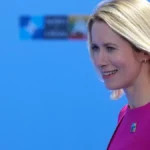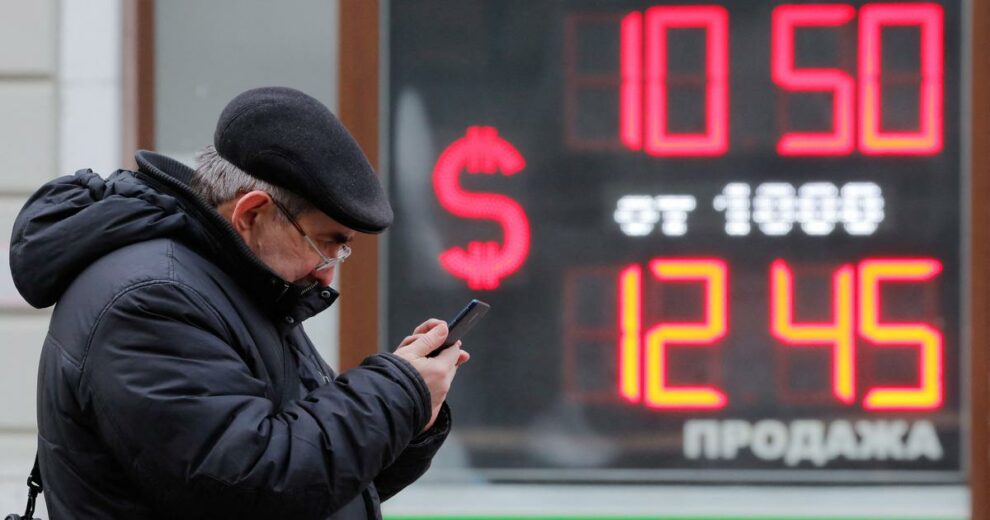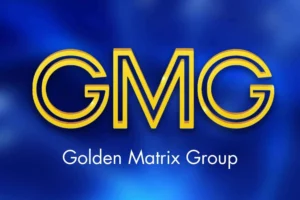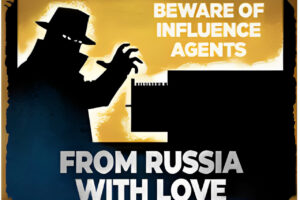Western outreach to get third countries to clamp down on sanction circumvention is working with many of them now making “it more difficult” for Russia to import such goods, according to the EU Sanctions Envoy.
Speaking at a meeting of the EU-UK Parliamentary Partnership Assembly in Brussels, David O’Sullivan said that countries through which sanctioned products previously transited to reach Russia “have moved to make it more difficult, if not impossible, for the re-export of these goods.”
“They do not wish to be platforms for circumvention. They do not wish their jurisdictions to be used as a means of allowing the Russian military to continue to access these lethal products,” he added.
Brussels has long suspected third countries close to Russia of allowing EU-made critical goods that boost Moscow’s war efforts to enter the country.
O’Sullivan said Tuesday that Western allies including the EU, US, UK and Japan have identified 38 priority products suspected of being exported in large quantities to third countries and then re-exported to Russia, including so-called “battlefield products” used in Russian missiles and drones.
Teams from the EU, UK and the US have visited the United Arab Emirates, Kyrgyzstan, Turkey, Kazakhstan, Uzbekistan, Armenia and Serbia in recent months to enlist governments’ support in tackling sanctions evasion.
“We have been travelling to these countries over the last few months, sometimes individually, sometimes three of us US-UK-EU, sometimes just ourselves and the Americans, sometimes just the EU and the UK,” O’Sullivan said.
“And I think we’ve had a fairly good response on this issue,” he added.
He nonetheless stressed the need for “constant vigilance” to ensure other countries do not become channels for circumvention.
“We will need to look at the evolution of the sanctions evasion, because the experience is once you shut off one channel, a new one pops up,” he said.
The EU’s 11th sanction package against Russia, introduced late last month, aims to close loopholes and prevent circumvention. It included an anti-circumvention tool to be used as a last resort measure to restrict the sale, supply, transfer and export of sanctioned goods and technology to certain third countries.
O’Sullivan also said the sanctions introduced so far are having a tangible impact, preventing Russia from obtaining sophisticated weapons and denting the country’s economy.
“Traditionally Russia had quite a significant budget surplus. It has now fallen into deficit and is predicted to continue to struggle as they transfer money out of the productive sector – education, research, social welfare and so forth – into the war economy,” he said.
But he said China and India present “a whole other challenge in terms of the sanctions issue”.
Both countries have refused to condemn the war or impose economic sanctions. The EU’s latest sanctions package included three China-based companies suspected of enabling circumvention.
The EU and its partners are also struggling to find a way to utilise billions of euros in immobilised Russian assets to help rebuild Ukraine.
European Commission chief Ursula von der Leyen said last week that the institution is “very prudently” looking into a tax on windfall profits that it hopes could raise as much as €3 billion a year. The European Central Bank has raised concerns over the plan which it said could undermine confidence in the euro and cause further economic instability.
Source : Euro News















